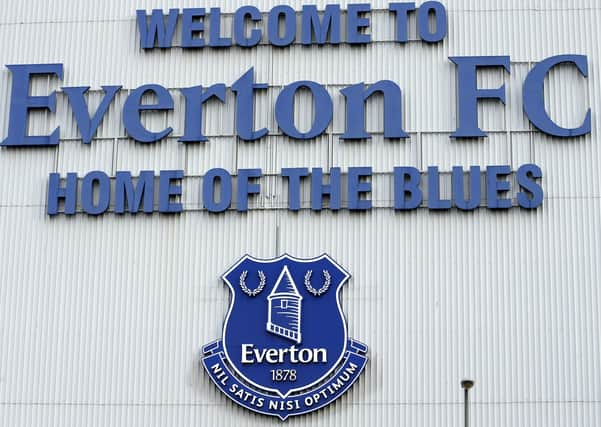Blackpool Supporters’ Trust column: Coronavirus affects clubs and their communities


One word that many politicians are using freely at the moment is ‘community’.
Quite rightly, they argue that we will get through these difficulties more easily together than apart.
Advertisement
Hide AdAdvertisement
Hide AdAlthough football clubs may not seem high on the list of priorities for us to worry about, they do nevertheless deserve some thought at this difficult time.
The best football clubs are very much at the heart of their community.
One only has to look at our good friends at Everton to see this; their reaction to the recent troubles has been to redouble their efforts to provide support to the neediest in their local community – and in Walton, Kirkdale, Crosby and Bootle, that is very needy.
They do so by facilitating initiatives like foodbanks and set an example that other clubs would do well to follow.
Advertisement
Hide AdAdvertisement
Hide AdOf course, the clubs have to survive themselves in order to fulfil that role, and the suspension of elite football in Europe has sharply emphasised just how vulnerable some clubs are when the normal lines of revenue are cut off.
Senior figures at clubs like Rochdale and Accrington Stanley have warned us all of the possible consequences for them.
Clubs as disparate as Sligo Rovers and Barnet are already in trouble, with the latter preparing to lay off all their non-footballing staff as their money runs out.
They will probably not be the only clubs who are on the edge of a financial precipice at the moment.
Advertisement
Hide AdAdvertisement
Hide AdBST have been very critical of the footballing authorities in the past, but much of what they are doing at the moment seems sensible.
What happens vis a vis the 2019/20 season is of less interest to Blackpool fans than most, but the clear determination to see this season through – however long that takes – is at least a very clear and equitable stance.
It means that those clubs who do have a lot at stake – and currently on hold – at least know where they stand.
In the same vein, the EFL’s financial support package for clubs, announced last week, is very welcome.
Advertisement
Hide AdAdvertisement
Hide AdAlthough £50m only goes so far, the statement of intent that underlies it is very important.
When the game is able to resume – and on what basis – remains to be settled but at least there seems to be a broad consensus about the direction of travel.
Of course, it is not only clubs who suffer.
Anyone who travels away from home to watch the club using public transport will know that the overnight suspension of matches causes many fans significant financial issues.
Train tickets are suddenly invalid, hotel bookings need to be cancelled, ticket money spent is suddenly ‘dead money’.
Advertisement
Hide AdAdvertisement
Hide AdIn this regard, the Football Supporters Association (FSA) continues to lobby hard at the national level – and has won some significant battles in the last week or two.
Some train operators have agreed to relax their rules on changing of tickets and the issuing of refunds.
These are not major issues in the overall scheme of things, but they will make a big difference to club supporters who have already made financial commitments in pursuit of their love for their club.
There remains much to do. It is possible that football might be able to resume relatively quickly on a ‘behind closed doors’ basis, but that also throws up challenges in making sure that supporters are able to have greater access to live internet streams in order to be able to follow games remotely.
Advertisement
Hide AdAdvertisement
Hide AdOf course, all the key stakeholders in the game are wrestling with the implications for future seasons if the current one is significantly delayed.
Some of the big decisions – like the delaying of Euro 2020 by one year – have already been taken.
If, for argument’s sake, the current season ends four, five or six months late, then the way the football cycle works in the run-up to what is already going to be a unique season in 2022/23 requires careful thought to ensure that the interests of clubs, broadcasters and supporters are properly balanced.
Again, there is a big role for the FSA in these discussions, and BST are well placed to influence them with our strong representation at regional and national levels.
Advertisement
Hide AdAdvertisement
Hide AdAll of the above does seem far removed from many of the worries that we all currently have.
But one day, in the – hopefully – not too distant future, we will be able to resume a more normal lifestyle and things like football will come back closer to the centre of our lives.
At BST, we will continue to put our best foot forward to make sure we are ready for that wonderful moment when it comes.